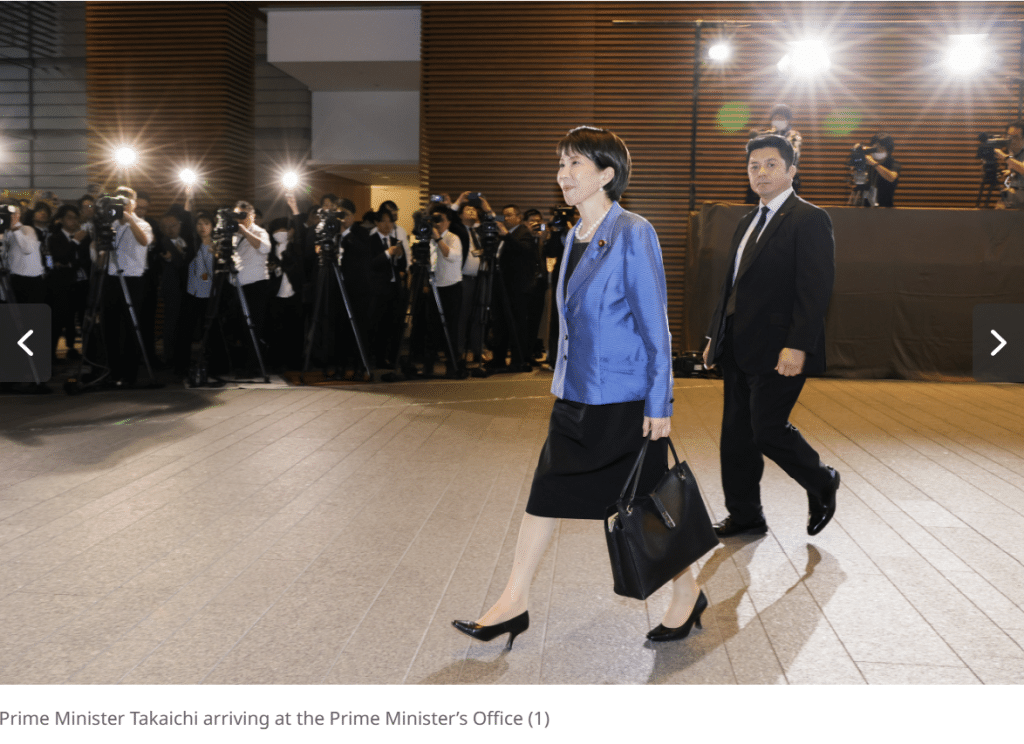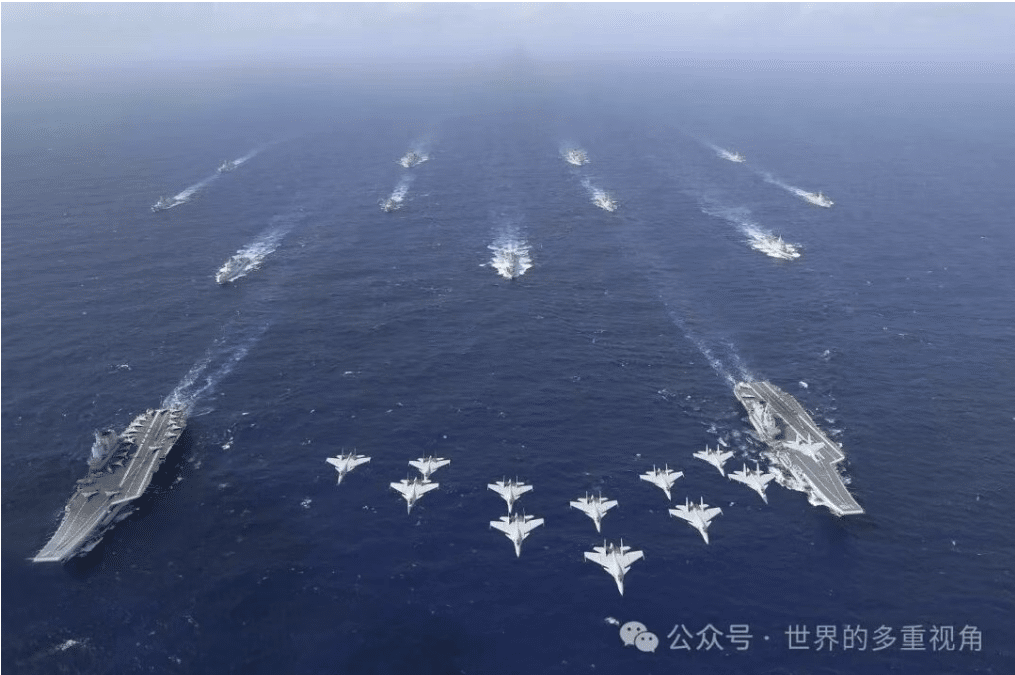Exclusive: Should America Worry About Duterte?
This past May, I discussed the 2016 Philippine presidential election and the different candidates’ take on the regional situation. Since then, Davao Mayor Rodrigo Duterte, the most colorful of the bunch, was elected and inaugurated as President of the Philippines.
True to prediction, Duterte has taken a much harder stance against the United States, using expletive-laced language to describe American President Barack Obama and attacking the 65-year old alliance. However, I find that I was wrong in saying that the Philippines was unlikely to choose China over the United States, as Duterte has spoken about seeking closer ties with China and Russia while placing in the hurdles for the US-Philippines alliance.
This was most clear when Duterte said he would stop a planned US-Philippine military drill. The drills took place as planned, but were since halted on Duterte’s orders. Duterte’s take on the US-Philippine alliance is surprising, as it breaks with the Philippines’ long history as one of America’s closest and most dependable allies.
Duterte, the loose cannon that he is, is not completely without reasons for his tough take against the Philippine-American alliance. The Philippines has long been seen as a dependent of the United States and rarely acts without consulting the US. In the perspective of Filipinos, a more independent Philippines would likely gain the Philippines more respect from the international community rather than their current image as the United States’ little brother. However, it is a wonder if perhaps the Philippines search for independence is a bit premature, as the Philippines should seek a more capability before becoming more independent on the international stage.
Perhaps Duterte would be able to achieve more if he, like Indian Prime Minister Narendra Modi, takes the Theodore Roosevelt approach of speaking softly while carrying a big stick.
Duterte’s difficult human rights record and hard stance on US-Philippine alliance has led some commentators, like the Cato Institute’s Ted Galen Carpenter to argue that the United States should temporarily suspend its alliance with the Philippines, similar to the 1980s event where the United States suspended its alliance with New Zealand.
Carpenter offers three points in favor of suspending the US-Philippines alliance: (1) that the Philippine American alliance is antiquated, having been fulfilled after the Philippines independence, (2) that the Philippines claims and conflicts with other parties in the South China Sea create “headaches” for the United States, and (3) that the alliance makes the US “at least indirectly culpable” for the domestic behaviors of the Philippines under Duterte.
Carpenter offers strong arguments which ooze of President George Washington’s Farewell Address. Carpenter’s point that the United States has previously embarrassed, if not shamed, itself by supporting dictators antithetical to American values during the Cold War is well-founded, as it has led to an assortment of problems for such countries in the post-Cold War era. However, this view ignores the Philippines importance in the United States’ Asia strategy and would likely weaken America’s pivot to the region.
Suspending the venerable US-Philippines alliance would not only blot the United States image as a regional leader, but also leave a China-shaped void in terms of the Philippines future relations. The United States should be wary of losing long-established allies to closer cooperation with China, as some argued is the case with Thailand. While Duterte’s approach is troubling for the United States, America’s policymakers must move carefully and sympathetically. While recognizing the human rights issues brought up by his policies, Washington should not be so quick to throw Duterte under the bus as the United States may soon have to deal with an unconventional, bombastic, and portly leader of its own.
The major question is whether Duterte is an anomaly or the norm. If Duterte is an anomaly, then his presidency will be a healthy dose of realization that the United States cannot take its longtime allies for granted. A more independent acting Philippines combined with the opposition of the Trans-Pacific Partnership by this year’s presidential candidates, are a slap in the face of American engagement in Asia. However, the Duterte presidency could also lead to growth in the relationship between the United States and its Asian allies, allowing these countries to act independently with other regional actors. While this takes the United States from the center of attention, it may also encourage the region’s actors to act for its own interests instead of Washington’s interests. The big question is whether this will help or hurt the region’s stability.
If Duterte becomes a norm for the politics of the Philippines, the United States may have to take a more realistic approach in engagement in the region, as other, like-minded leaders may begin popping up across Asia. Such a phenomenon will be an existential crisis, as the United States may have to face the choice between its current, values-based order, or a more realistic (the IR theory) form of engagement in the region.
By AARON WALAYAT, USCNPM Contributor, 19 October 2016








